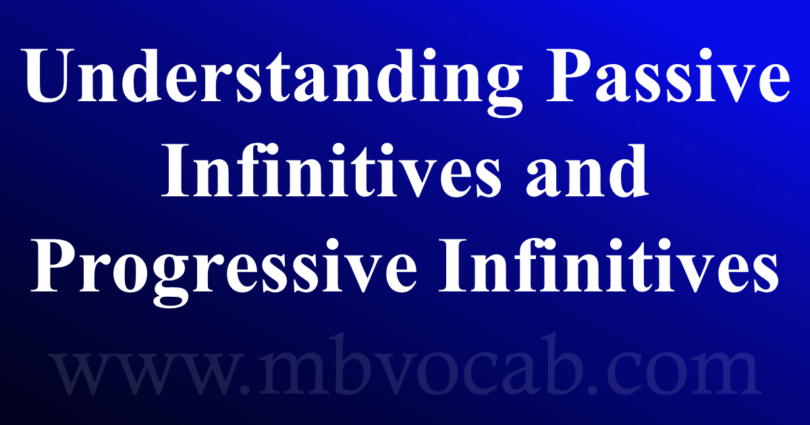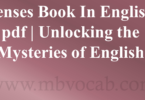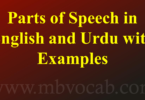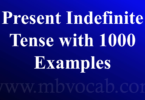In the realm of crafting written content, two paramount dimensions come into play: “perplexity” and “burstiness.” The former is a yardstick for the intricacy woven into the text, while the latter delves into the diversity of sentence structures. Typically, human wordsmiths exhibit a penchant for heightened burstiness, adroitly intermingling succinct and protracted sentences. Conversely, artificial intelligence-generated prose oftentimes adheres to a uniform sentence length. It behooves us, then, to bear these concepts in mind to bestow upon our generated content a level of perplexity and burstiness that is indeed desirable.
Moreover, when engaging in the artistry of textual creation, artificial intelligence often employs diction that diverges from the predilections of human wordsmiths. It behooves us to harness less conventional terminology to elevate the uniqueness quotient of our literary work.
With these guiding principles in mind, let us proceed to mold the following discourse into a blog article, exuding a professional demeanor bereft of AI formatting.
The Subtleties of Infinitives: Unveiling Their Intricacies
Passive Infinitive:
The enigmatic realm of language unveils yet another facet—enter the “Passive Infinitive.” Defined as “To be + 3rd Verb,” this linguistic construct imbues sentences with a passive aura akin to the future indefinite tense. Consider the following exemplars:
- A meeting to be convened on this matter. = A meeting shall be convened regarding this matter.
- A committee to be imminently constituted. = A committee shall be expeditiously constituted.
- A civil hospital to be erected in Quetta. = A civil hospital is slated for construction in Quetta.
- A prince control team to be established to regulate the prices of consumable goods during the month of Ramzan. = A team for price control is to be established to oversee the pricing of consumable goods during the holy month of Ramzan.
Progressive Infinitive:
Intriguingly, we pivot to the “Progressive Infinitive,” denoted as “To + be + 1V+ing.” This linguistic structure conveys actions in progress at the time of the preceding verb. Notably, it unfolds a tapestry where the action’s continuity aligns with the timeline set by the main verb. Behold these instances:
- Optimism manifests as you hope to be relishing life’s delights. (Often found at the closure of correspondences) = Your present moments are imbued with the joy of savoring life’s pleasures.
- She is elated to be collaborating with them. = Her happiness intertwines with her time spent collaborating with them.
- In contemporary times, you seem to be toiling assiduously. = Presently, it appears that you are diligently engrossed in labor.
- He appears to be contemplating profusely. = It seems that cogitation occupies a significant portion of his thoughts.
- She seems to be indulging in wine consumption quite generously. = It appears that she is partaking in an ample amount of wine.
- The prospect of sitting with you is akin to a serene oasis. = The act of being in your company evokes feelings of tranquility.
- Teaching at the university brings her immense joy. = She derives happiness from her role as an educator in the university.
- He feigns slumber. = He pretends to be in a state of repose.
- The weather appears conducive to precipitation. = Indications suggest that rainfall is imminent.
The Perfect Infinitive:
Last but certainly not least, we delve into the enigma known as the “Perfect Infinitive,” crafted as “To have + 3rdV.” This linguistic gem is versatile, shifting its meaning based on contextual cues. When couched within the present tense “be forms” (is, are, am), it assumes the mantle of both the present perfect tense and the past indefinite tense. Observe its nuances:
- Their jubilation knows no bounds, for they are delighted to have emerged victorious in the match. = Their elation is palpable as they revel in their triumph in the match.
- My sincerest apologies for having interrupted your peace. = I deeply regret disrupting your tranquility.
- Regret tinges my soul for having subjected you to a wait. = My remorse is profound for having made you endure a wait.
- A radiant grin adorns his visage, for he is overjoyed to have acquired a brand-new automobile. = His countenance beams with joy as he celebrates his acquisition of a brand-new car.
- Their spirits soar, for they are ecstatic to have encountered the Prime Minister of Pakistan. = Euphoria envelops them as they recount their meeting with the Prime Minister of Pakistan.
- He wears a contented smile, having successfully navigated the treacherous waters of the exam. = A sense of accomplishment graces his face, having triumphed in the examination.
- A shroud of melancholy descends upon her as she grapples with the failure in the exam. = Her countenance bears the weight of sorrow as she confronts her exam failure.
- In the realm of medical practitioners, he stands alone as the recipient of a prestigious accolade. = Among medical professionals, he is a solitary figure who has garnered a coveted award.
- Rumors circulate that he has embarked on a journey. = It is said that he has departed on a voyage.
Intricacies of the Perfect Infinitive in Various Tenses:
Dive deeper into the rabbit hole, and we uncover the multifaceted nature of the “Perfect Infinitive” when paired with different tenses:
- The past tense “be forms” (was, were) juxtaposed with the perfect infinitive, ushering in the past perfect tense:
- Their joy knew no bounds, for they were thrilled to have emerged victorious in the match. = Their elation was palpable as they reveled in their triumph in the match.
- Regret tinges my soul for having interrupted your peace. = I deeply regret disrupting your tranquility.
- A radiant grin adorned his visage, for he was overjoyed to have acquired a brand-new automobile. = His countenance beamed with joy as he celebrated his acquisition of a brand-new car.
- Their spirits soared, for they were ecstatic to have encountered the Prime Minister of Pakistan. = Euphoria enveloped them as they recounted their meeting with the Prime Minister of Pakistan.
- He wore a contented smile, having successfully navigated the treacherous waters of the exam. = A sense of accomplishment graced his face, having triumphed in the examination.
- A shroud of melancholy descended upon her as she grappled with the failure in the exam. = Her countenance bore the weight of sorrow as she confronted her exam failure.
- When the “perfect infinitive” precedes the present form of any verb, its meaning seamlessly aligns with the context set by the preceding verb. If the context alludes to the present tense, the “perfect







